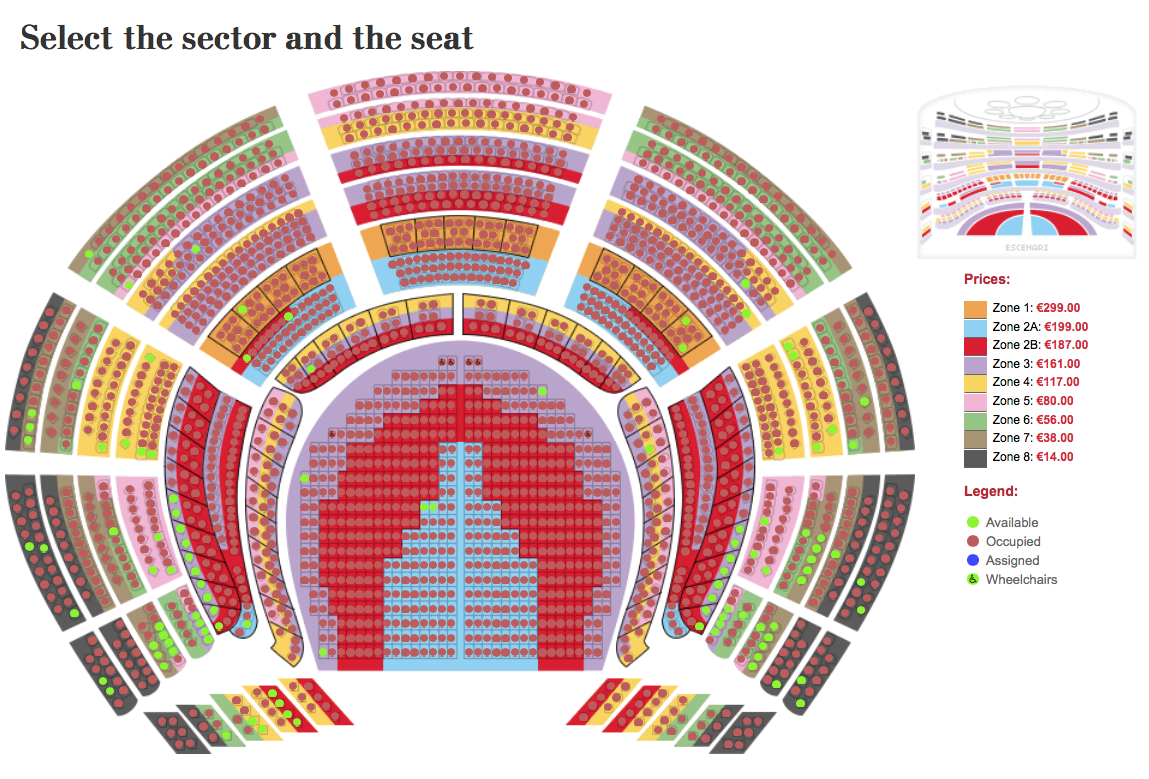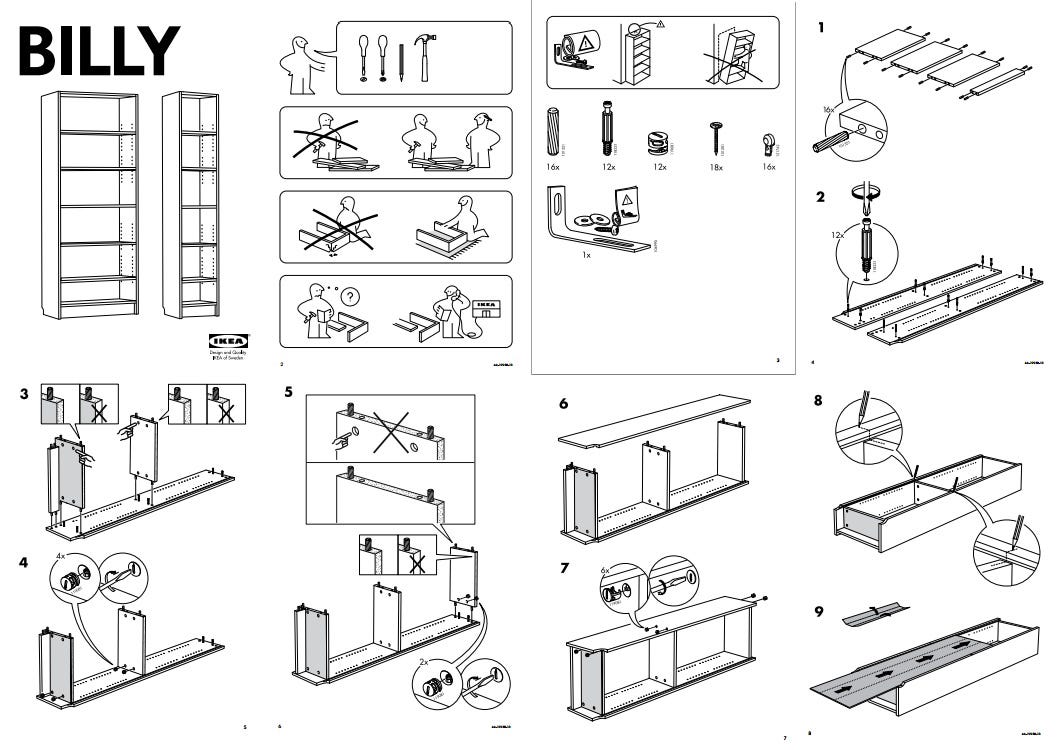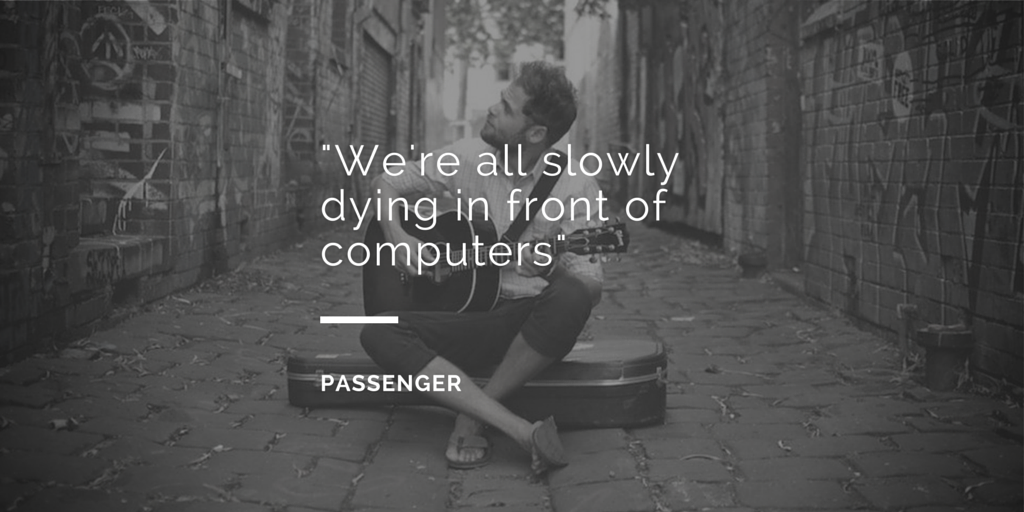“Computers
make things easier!”
There
was a time when that little mantra might have been a source of fond hope. There was, who knows how long ago, a sort of
tipping point where the manifest failures of new technology were offset by the
promise that after a few tweaks everything would be button pushing easy!
I
remember as a smallish child I was given a Maths Computer to try out by a
friend of the family, no, bugger that designation, he was my uncle in all but
name. He was a maths lecturer and was
able to get his hands onto all the newest technology and I was privileged to
try it out. And it was, indeed exciting
to feel that one was in the vanguard of modern education – well, more playing
around with a gadget, even if that gadget was to do with
maths!
As
this ‘computer’ was in the late 1950s you might wonder what it looked
like. It was basically a long metal box
with a little Perspex window in the centre with a coin-shaped cut out on the
bottom right edge, and with a large button to be pushed along a notched groove
parallel with the right hand side. To
work the machine, it had to be pre-loaded with a series of cards on which there
were maths questions. You used the
button to load up a card which then presented the viewer with a maths question
that you read through the little Perspex window and there was a space
underneath the window for you to write in your answer. After the answer was written, you pushed the
button up a notch; your answer was now behind the window and the official answer
was revealed and you could put a tick or a cross in the little coin cut out and
push the button on to get a new question and a new space for your answer!
How
cute that now seems! And there were
design flaws as the mechanism rucked up the paper and the whole thing had to be
disassembled to get it going again. But
the excitement of being a pioneer never left me and unfortunately dictated my
technology buying infatuation for the future.
As
soon as they became available for general consumption I bought calculators,
digital watches, handheld computers, personal assistants, computers, radios,
cameras – you name it and I bought it, as long as it had electronic thingies
making it function.
But
when things worked it was like magic!
And that remembered ecstasy was enough to get one through the difficult
times when nothing appeared to be working, nothing would print, nothing would
load up properly and the screen was blank.
But we were encouraged to think that all the machines (all the expensive
machines when you compare them with what you get for your money now) that we
used were John the Baptist Computers, all of them preparing the Way for The
Computer that would truly be The One!
I’m still waiting!
Where,
you might ask, does all this come from?
What has prompted this remembrance of technological pain past? The simple answer is, buying a ticket on
line.
For
the first time in a long time I am not going to the opera alone. I have a fellow enthusiast accompanying
me! As I am a season ticket holder I can
get a small discount on extra tickets and I offered to purchase a ticket in the
hope that the discount would be able to buy us a cup of coffee at the interval at
least. As it turns out the discount may
stretch to a couple of small beers, if we are lucky. But that is not the point; the point is that
simply purchasing the thing was a bind.
Buying
a ticket has to be thought of in terms of how easy using the computer is to
purchase it compared with picking up the phone and doing it via a real person
at the other end of the line.
 It
took me two attempts and to complete the operation (in spite of the fact that I
am a registered season ticket holder) and necessitated re-setting my pass word
for the boking site; using the details on my credit card; using details on my
season ticket; taking a code from my mobile phone; taking a further code from
my email account; filling in part of a form; deciding just which of the many
reductions I was entitled to; other bits and pieces and, finally, printing out
the ticket myself on my own machine – and for all this I was charged a €1.50
fee for - what exactly?
It
took me two attempts and to complete the operation (in spite of the fact that I
am a registered season ticket holder) and necessitated re-setting my pass word
for the boking site; using the details on my credit card; using details on my
season ticket; taking a code from my mobile phone; taking a further code from
my email account; filling in part of a form; deciding just which of the many
reductions I was entitled to; other bits and pieces and, finally, printing out
the ticket myself on my own machine – and for all this I was charged a €1.50
fee for - what exactly?
Would
it have been easier on the phone? I
think the answer is probably yes, it would have been easier, but my ticket
might have been waiting for me in the theatre, rather than being in my hot
little hands.
And,
as usual, I will know what to do the next time round. This is the ‘Billy Bookcase Syndrome’ based
on the famous bookcase of the same name in IKEA.
 The
Billy bookcase is one of the basic pieces of furniture that is sold in the
millions. Countless people have unpacked
the bits, looked at the illustrated page of instructions and thought to
themselves, “Well, this can’t be that difficult!” Then they try and make it and find that, yes,
the basic principles are fine and easy to understand, but then the ‘why didn’t
they mention’ element creeps into the creation: the unstated assumptions of the
obvious that neophytes need to know, nay, need to be told. And as you make the first Billy bookcase you
know that the second and succeeding ones are going to be so much easier. In reality, of course, that attitude is one
of the ‘saving lies’ by which we live our lives. However, the general principle holds true:
the second time is easier than the first.
The
Billy bookcase is one of the basic pieces of furniture that is sold in the
millions. Countless people have unpacked
the bits, looked at the illustrated page of instructions and thought to
themselves, “Well, this can’t be that difficult!” Then they try and make it and find that, yes,
the basic principles are fine and easy to understand, but then the ‘why didn’t
they mention’ element creeps into the creation: the unstated assumptions of the
obvious that neophytes need to know, nay, need to be told. And as you make the first Billy bookcase you
know that the second and succeeding ones are going to be so much easier. In reality, of course, that attitude is one
of the ‘saving lies’ by which we live our lives. However, the general principle holds true:
the second time is easier than the first.
The
real tragedy of this shared experience is that the results of that experience
are not shared and therefore do not appear to inform a reworking of the
instructions to include the things that you thought you didn’t need to point
out.
Remember,
we live in a world where someone bought a mobile home and when the owner went on
a drive they put the home into ‘automatic’ and then went to make a cup of tea,
as they assumed that ‘automatic’ meant that the thing would drive itself. After the inevitable crash, the owner of the
van sued the manufacturer for not making it clear what ‘automatic’ would and
wouldn’t do! And won.
If
that story is any reflection on the standard of public understanding then it is
difficult to imagine any set of rules for anything like building a
pre-fabricated bookcase being smaller than War and Peace!
But
in my specific case I say, bring on the next person who wants me to buy a
ticket for the Opera, I’m prepared! I
think.
If you have enjoyed reading this post, please feel free to click the 'Follow' button on the top right of this page or you might like to leave a comment.
If you would like to read drafts of my recent poems please go to: smrnewpoems.blogspot.com
If you have enjoyed reading this post, please feel free to click the 'Follow' button on the top right of this page or you might like to leave a comment.
If you would like to read drafts of my recent poems please go to: smrnewpoems.blogspot.com

No comments:
Post a Comment